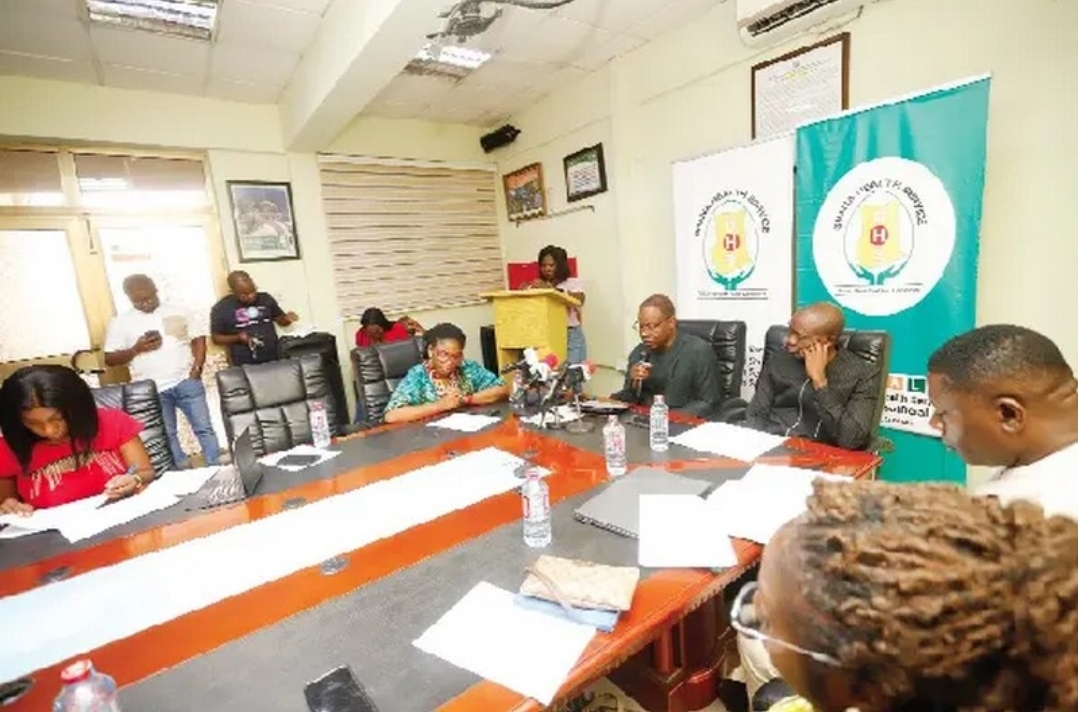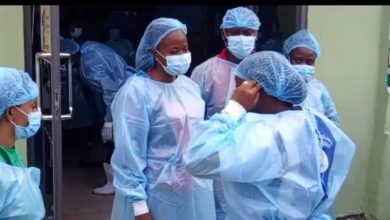Ghana begins deworming campaign and targets Over 2 Million school-age children

Over two million Ghanaian children aged 5-14 will participate in a national deworming exercise from October 28 to November 3, 2024. The initiative, named the 2024 National School and Community Deworming Exercise, targets 2.6 million school-age children in both public and private schools across 100 districts in 15 regions, alongside an additional 1.6 million community-based children and adults in 57 districts across 11 regions.
The campaign, led by the Ghana Health Service (GHS) and the Ghana Education Service (GES), aims to combat schistosomiasis and control soil-transmitted helminth (STH) infections, both of which have widespread impacts on child health, including malnutrition, anemia, and stunted cognitive development.
GHS Director-General, Dr. Patrick Kuma-Aboagye, announced that eligible children will receive 600 mg praziquantel and 400 mg albendazole, donated by the World Health Organisation (WHO), under the supervision of trained teachers and health workers. Dr. Kuma-Aboagye emphasized the importance of children eating before taking the medication to ensure effective absorption and advised, “Preferably, medicines should be administered immediately after the first break or after children have been served food to ensure that all children have eaten.”
Schistosomiasis, caused by parasitic worms found in freshwater, is common in areas with poor sanitation. The disease can lead to abdominal pain, diarrhea, blood in urine, and even severe issues like female genital schistosomiasis, which can cause infertility, menstrual disorders, and recurrent urinary tract infections. Soil-transmitted helminths are also prevalent in areas with inadequate hygiene and low socio-economic conditions, contributing to malnutrition, anemia, and reduced physical and cognitive development.
The Director of the Public Health Division of GHS, Dr. Franklin Asiedu-Bekoe, encouraged media engagement to increase public awareness and promote participation. Supporting the effort, Theresa Oppong-Mensah, Director of the School Health Education Programme at GES, confirmed that schools are prepared, noting coordination with the Ghana School Feeding Programme to ensure adequate food is available during the deworming exercise. “Parents have also been educated on it and they are also going to support us with water and food as well. This is to indicate that GES is ready, and we are fully in support of this exercise,” she stated.
USAID’s Act to End NTDs Programme Director, Irene Dzathor, reiterated her organization’s commitment to fighting schistosomiasis and STH in Ghana.




